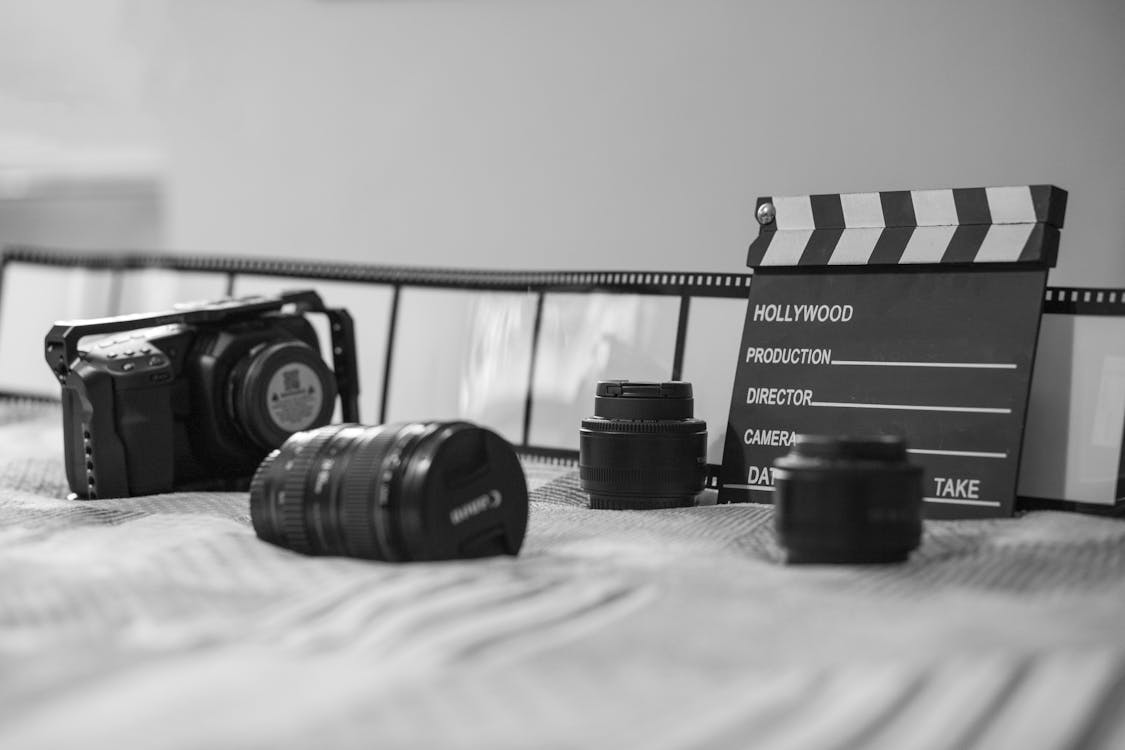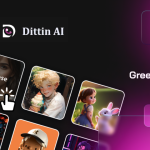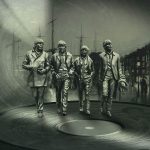

Lionsgate, home of popular franchises such as “John Wick” and “The Hunger Games,” plans to use AI “to create capital-efficient content creation opportunities,” according to Vice Chair Michael Burns in a statement about the deal.
“Runway is a visionary, best-in-class partner who will help us utilize AI to develop cutting-edge, capital-efficient content creation opportunities,” Burns stated.
Runway co-founder and CEO Cristóbal Valenzuela echoed this sentiment, emphasizing that the goal is to “give artists, creators, and studios the best and most powerful tools to augment their workflows and enable new ways of bringing their stories to life.”
Fears of Job Loss
The collaboration has since garnered significant negative feedback, likely stemming from concerns raised during the 2023 Hollywood strike regarding the incorporation of AI in film production.
Actor Alexander Chard shared their concerns on X, saying, “Our words, performances, and direction are merely to feed the machine until we’re no longer needed.”
Other industry veterans and critics warn that the use of AI could compromise the authenticity and quality of future films. Helen Delzany, a writer and producer, expressed her concerns to the BBC, stating, “We’re already seeing a lot of job loss in the creative industries, that is only going to get worse. But the greater tragedy in all of this is how stale film and entertainment may become.”
The use of AI-generated content also bears some ethical questions. For instance, the 2021 documentary “Roadrunner” featured an AI-generated voice of the late Anthony Bourdain, skirting over the ethical implications of using AI to replicate deceased individuals without explicit consent.
The Legal and Ethical Quagmire
California Governor Gavin Newsom recently signed a law regulating AI performance replicas, reflecting growing concerns over the misuse of AI technology.
The deal comes at a time when studios are increasingly implementing AI into their projects, despite many filmmakers’ concerns about job security and creative control.
Adding fuel to the fire, Runway has faced scrutiny over its training methods. According to a report from 404 Media, Runway trained its AI text-to-video generator on thousands of YouTube videos and pirated films. This revelation raises further ethical and legal questions about the use of copyrighted material without consent.
SAG-AFTRA, the union representing actors, has also been vocal about the need for ethical standards in AI use—with their recent deal with AI startup Narrativ setting new benchmarks for ethical AI use in advertising.
The Lionsgate-Runway partnership opens Pandora’s box of ethical and quality concerns and further intensifies the divide between Hollywood institutions. As AI technology continues to evolve, the film industry must deal with finding a balance between innovation and preserving the authenticity and quality that audiences cherish. Whether AI will enhance or erode the creative essence of filmmaking remains to be seen.


![Best AI Dating Apps for [current_date format=Y]: Top AI Chatbots & Romance Tools 3 AI dating apps](https://www.greenbot.com/wp-content/uploads/2025/03/AI-dating-apps-150x150.png)

















